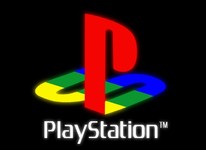
The famed Sony PlayStation console turned an astonishing twenty five years old yesterday. The system was originally released in Japan on December 3, 1994, a mere five days before the original PC release of Wing Commander III: Heart of the Tiger hit store shelves (the system would be released in the United States a full ten months later in September 1995.) To mark this occasion, we'd like to share a short history of Wing Commander on the platform.
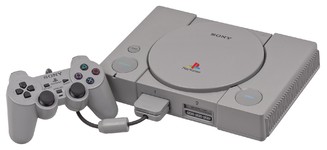
The so-called "fifth generation" of game consoles began in late 1993 with the launch of the 3DO Interactive Multiplayer and, shortly after, the Atari Jaguar. The previous era had come down to a cage match between two 16-bit systems, Nintendo's Super Nintendo and Sega's upstart Genesis. The messy, marketing driven battle for dominance between the two systems had proven one thing: Nintendo's massive market share, once thought to be absolute, could be overtaken. This meant that the title of champion of the 32-bit era was wide open… and there were more strong contenders than ever before ranging from established Nintendo's N64 and Sega's Saturn to newcomer Amiga's CD32 and Sony's PlayStation. It quickly became clear that the next generation of consoles would be largely defined by their ability to store much larger amounts of multimedia data, usually on variants of the CD-ROM, and to render dedicated 3D graphics.
Without a clear frontrunner, software developers were forced to either bet on one console over the others or divide up precious resources to develop for multiple platforms at once. Failing to support the right system could mean ruin for even the largest publishers. Electronic Arts initially threw strong support behind the 3DO Interactive Multiplayer, a gaming technology developed by the company's founder and former CEO Trip Hawkins. EA put money and other resources into developing a range of early 3DO titles including Super Wing Commander. But the 3DO languished on store shelves, burning its first-to-market status with an overly-expensive $699 price point and a confusing marketing campaign that attempted to position it as a replacement for the VCR instead of the Super Nintendo, prompting Electronic Arts to rethink their strategy. Instead of attempting to play kingmaker, EA would port their major releases to as many of the new consoles as possible.
And no release was bigger than Wing Commander III: Heart of the Tiger. Released for the PC in December 1994, Origin Systems had immediately begun in-house development of a console-focused 3DO port. The game was an enormous success and Electronic Arts wanted more, announcing plans to port the game to the increasingly popular Sony PlayStation as well as the Sega Saturn and the Apple Power Macintosh. Work also began on ports for the Atari Jaguar, the 3DO M2 (aborted successor to the Interactive Multiplayer) and later Windows 95. Origin Systems did not have an available team qualified to develop the PlayStation port and so the task was assigned to a group at Electronic Arts' Redwood City headquarters.
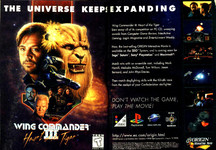
By the time these ports were shown at E3 in summer 1995, it had become clearer who would earn the crown. Sony had smashed its strongest competitor Sega's confusingly-marketed Saturn by undercutting the release price by $100 and its PlayStation, previously considered to be something of an also-ran, had built up an unprecedented amount of cultural cachet. For the next quarter century and beyond, the PlayStation and its successors would remain among the top selling, industry-defining consoles. The PlayStation had, against all odds, become the next big thing… but could Electronic Arts and Wing Commander take a late seat at the table?
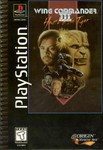
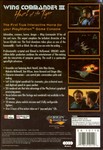
Wing Commander III for the PlayStation was released on March 27, 1996 to generally positive reviews, though with black marks for a proliferation of loading screens and an incredibly complex control scheme compared to other console titles. The game was the final 'long box' PlayStation release, published in a larger cardboard case instead of the now familiar PlayStation jewel case. Where the magnificent 3DO release of Wing Commander III had focused on adapting the game design to the limitations of the console, the PlayStation release tried above all to retain the graphics and the gameplay of the PC version. The result was a version of Wing Commander III that looked amazing, featuring 3D on par with the SVGA PC release but that felt sluggish and overly detailed for the platform.
Wing Commander III for the PlayStation is not a bad game but it's also nowhere near as unique as the 3DO version. Like the 3DO version, it improves on the PC release with slightly higher quality videos and by restoring scenes that had been cut to save disk space such as the Hobbes explanation and the regular TNC news briefings. It also made use of full color comm scenes and unlike the 3DO version managed to include the 'fly through' ships. To improve the rough framerate, the team cut out the game's cockpit and also removed the planetary segments. The prison rescue mission is replaced with an attack against a pair of corvettes and the other three missions remain the same but replace any planetary gameplay with a cutscene.
Electronic Arts also opted to make a special push for Wing Commander III PlayStation in Japan where the system had become immensely popular. A full Japanese localization with an expensive marketing campaign (and new, more colorful key art) attempted to convince the previously unsold market on the wonders of the franchise. Japan even had a beautiful exclusive, full-color PlayStation hint book! (Available scanned here at Pix's Origin Adventures.)
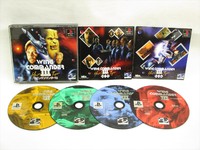
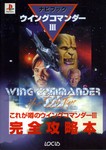
Nevertheless, management at Origin were particularly unhappy with the release, believing the disconnect between the original developers in Austin and the team in California had resulted in a subpar product. In an attempt to rectify this, the job of porting Wing Commander IV to the PlayStation was given to Austin-based Lion Entertainment, a porting company which had previously developed the Macintosh releases of Super Wing Commander, Wing Commander III and Wing Commander IV. Wing Commander IV PSX would be developed with close support from the original development team and with a special focus on adapting the game for play on a console instead of trying to emulate the PC experience.
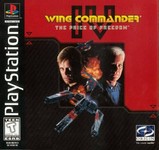

The resulting effort worked well, more or less. Wing Commander IV PSX shipped on May 15th, 1997 with a re-designed cockpit interface and a plethora of optional control schemes generally intended to simplify gameplay and make it more enjoyable for a console player. It was also the rare original PlayStation game that included support for the Sony PlayStation Analog Joystick, a huge controller which featured two flight sticks. The device was the first analog controller for a PlayStation and the immediate precursor of the now-standard DualShock controller. It allowed Wing Commander IV to be played very smoothly, almost like an elaborate HOTAS setup on the PC.
The dark side of Wing Commander IV PSX was that the team was required to cut two full discs of content. This meant again removing the game's ground missions and also cutting a large number of optional missions and cutscenes. For example, instead of being given the moral choice between collecting weapons and rescuing civilians you automatically choose the former as the Circe series has been removed from the game entirely. While these cuts seem drastic to anyone familiar with the PC release, they do feel seamless to first time players picking up the game on the PlayStation.
Wing Commander IV also had a minor but incredibly important impact on the larger Wing Commander lore: it provided a date for when the game took place! Origin's web team, Chicken Boy Productions, put together a then-fancy interactive 'tour of the TCS Lexington' to introduce players to the game in 1997 (available in part here). The tour included an Easter egg: click on Captain Eisen's computer and you can read one of his e-mails to his Border World contact… through which we learn both the current date (2673.219 or August 7, 2673) and the first name of the Border Worlds scientist (Tuesday). You can find the original e-mail file archived here. Other WC4 PSX media was sprinkled with bits and pieces that added to the Wing Commander universe, like the 'Confed ReadyNet' computer login on the manual cover and a stunning two-page '2673 Dragon' magazine advertisement.
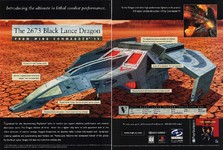
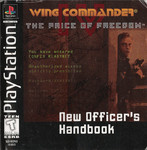
Wing Commander IV was the last Wing Commander game released for the PlayStation (at least until EA Replay for the PlayStation Portable in 2006) but it was not the last one developed. In fact, Origin felt so strongly that the PlayStation was the future of gaming that Wing Commander V, later Prophecy, began life as a parallel development with two teams sharing resources, one building for the PlayStation and one for the PC. As Origin lost top level talent to Digital Anvil, plans for the PlayStation version were dropped… but a number of early design decisions intended to allow the game to thrive on both platforms remained throughout the process and into release.
Today, the Wing Commander IV PlayStation port is still available for sale digitally. Sony maintains the game as part of their "PSOne Classics" line of downloadable games which can be played on the PlayStation 3, PlayStation Portable and PlayStation Vita. (Sale page here.) There's something quite special about playing a game that once seemed impossibly huge and advanced as a downloadable release on a handheld system! Unfortunately, Wing Commander III has not been made available in this manner. In fact, it's one of a handful of PSX games that were never certified as backwards compatible with the PlayStation 2, owing to a video playback bug that was actually present on the original hardware. Physical copies of the game, still readily available, can still be enjoyed on backwards compatible PlayStation 2 and 3 systems.
The PlayStation versions of Wing Commander III and IV are certainly not the best available and if you are a PC veteran interested in a truly unique experience then you should go for the 3DO port instead. But they are both incredibly solid releases that remain fun to this day and which are both incredibly important because of the new audience that they introduced to the Wing Commander universe. I still load up my PSOne with both games to this day and a PSP running WC4 remains a regular companion on trips! They're also much more readily available and much easier for the average gamer to pick up and play with relatively modern hardware… and if you're a Wing Commander fan seeking a slightly different version of the game, why not give them a try?
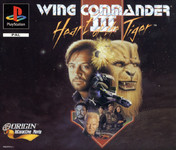
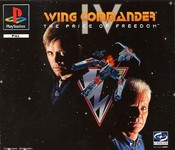
PlayStation PostScript: Origin Systems would go on to release two additional PlayStation games, a solid port of Crusader: No Remorse and a Japan-only enhanced edition of Ultima Underworld. A great deal of work would go into an unreleased version of Crusader: No Regret and an original mech battle game called Prowler (which began life as a 3DO exclusive before dying as the company's first in-house PlayStation project.)
Would You Like to Know More?
Archived Design Documents





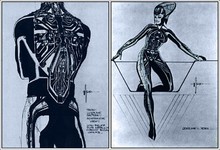


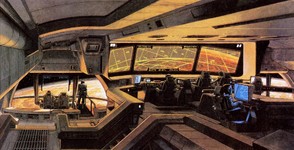
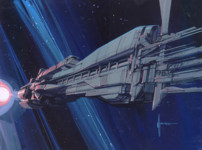
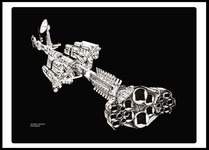

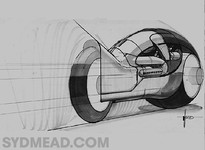
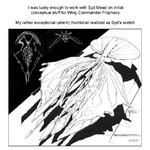
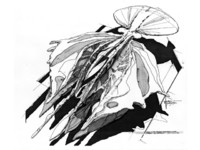
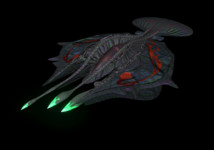
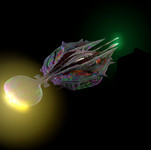
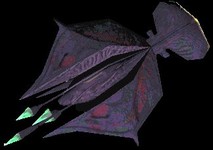

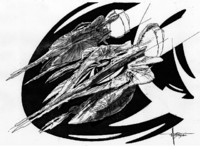
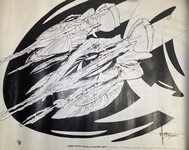
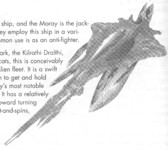
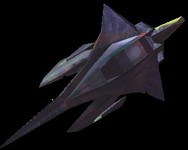

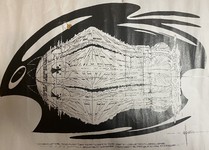
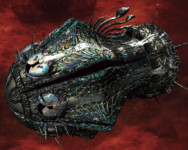


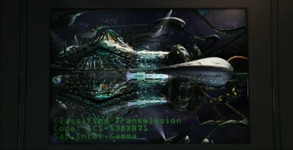
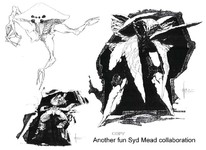
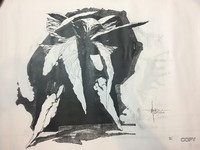
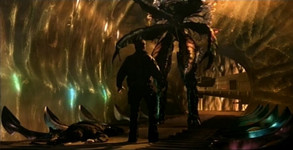

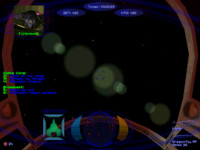


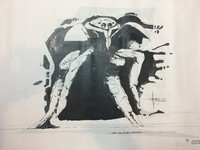
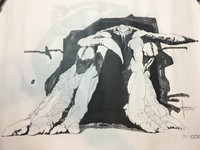

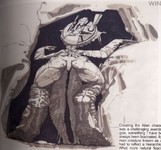

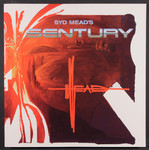
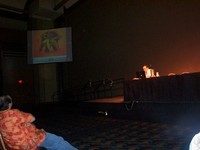
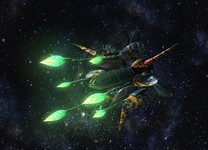
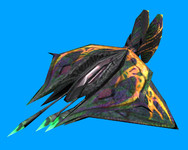
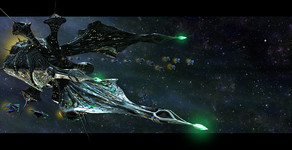
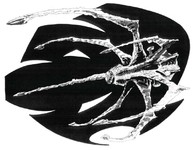

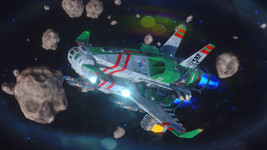
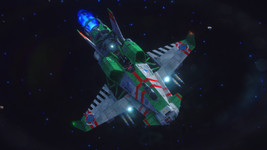
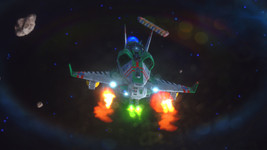
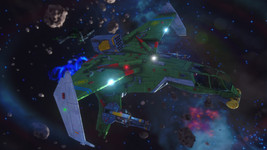
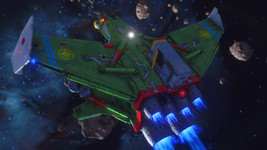
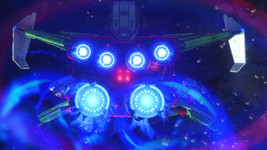
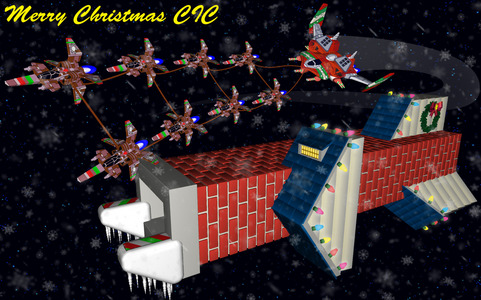
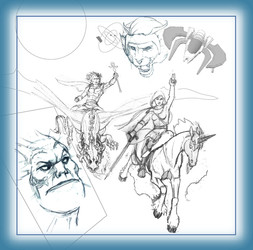

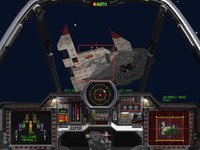
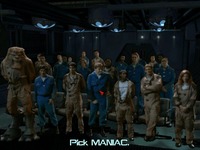
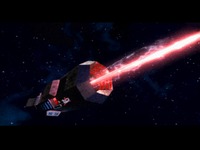
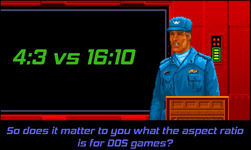


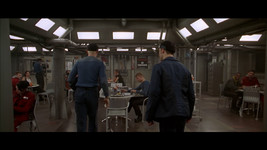


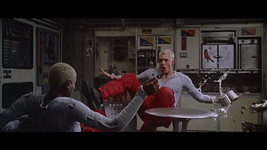



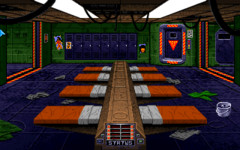

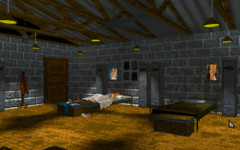


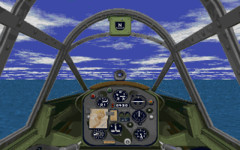
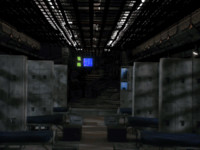


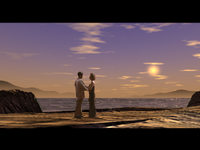



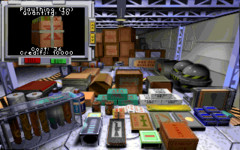
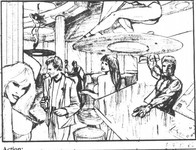
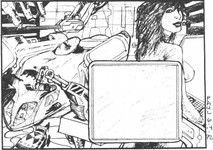
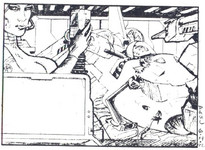



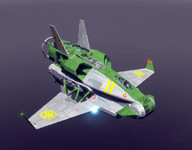
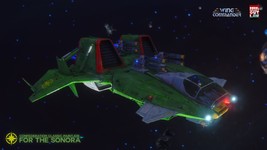
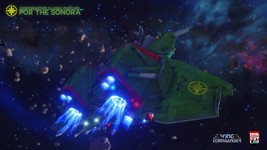
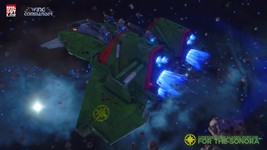
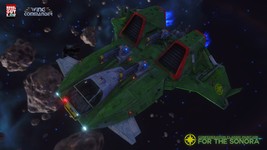
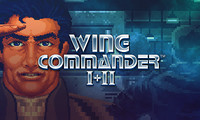


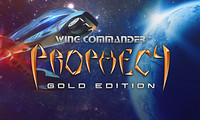
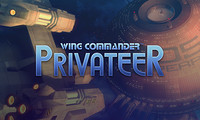
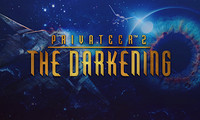
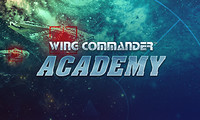
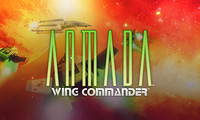
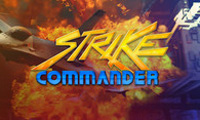
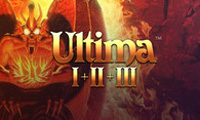
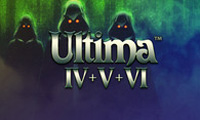
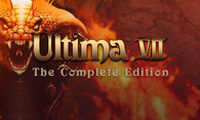
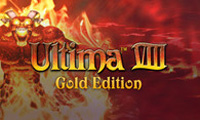
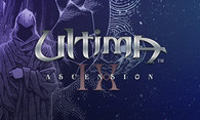
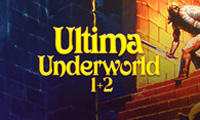
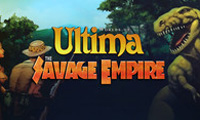
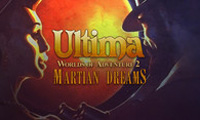
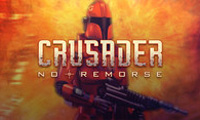
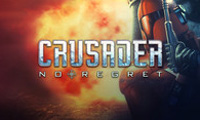

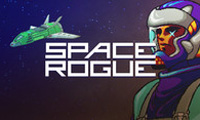
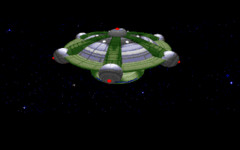
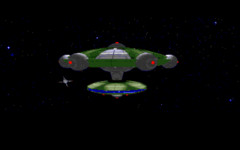
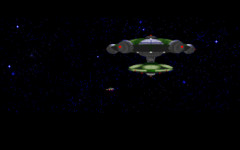
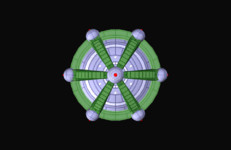
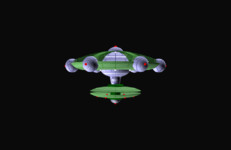
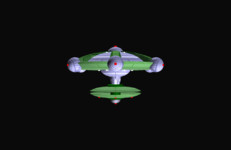
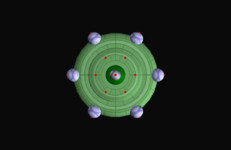

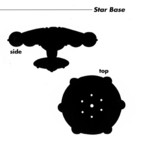

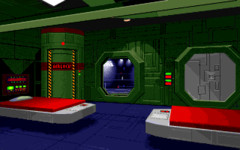
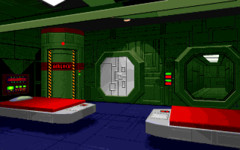
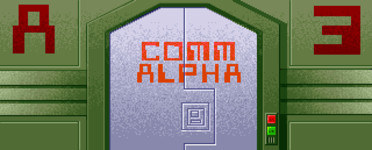
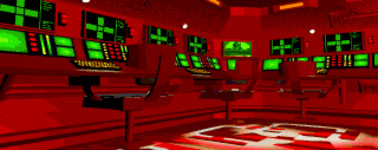
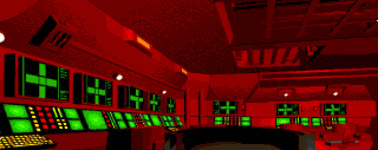
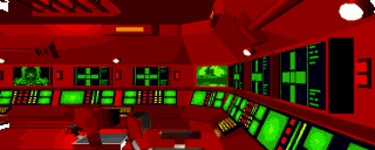
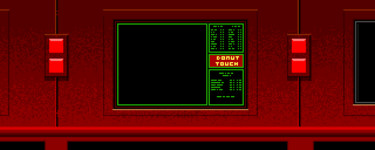
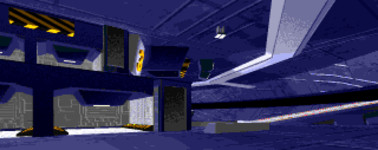
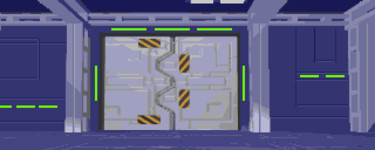
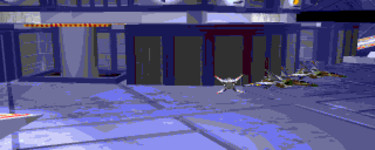
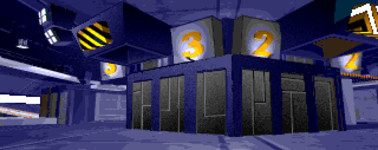
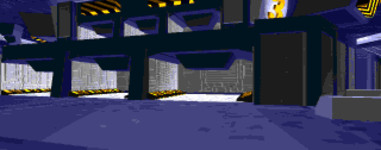
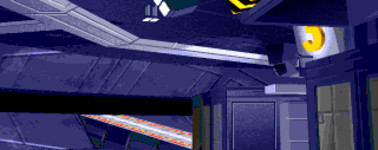
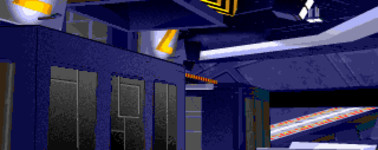
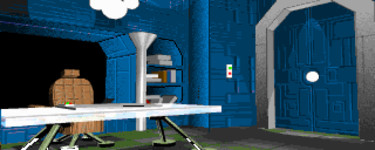
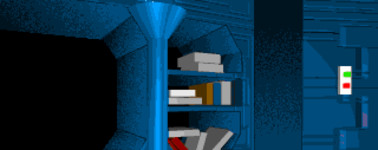

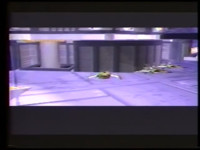
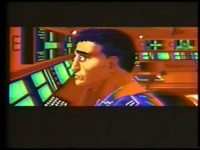
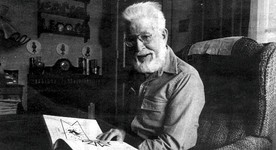
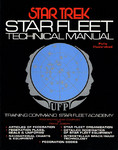
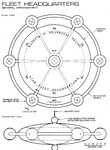
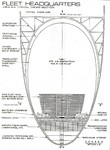
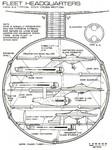
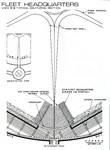
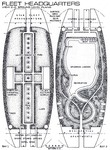
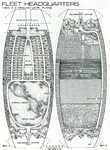
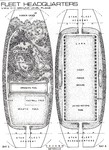

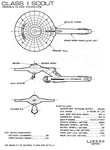
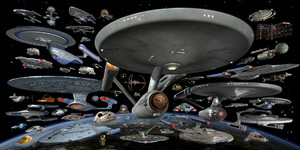

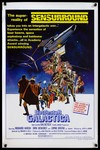

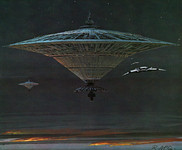
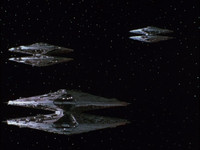

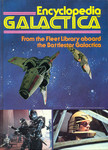
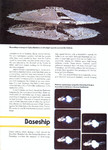
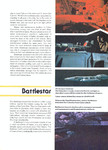
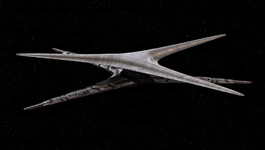
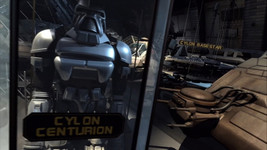


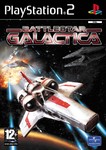
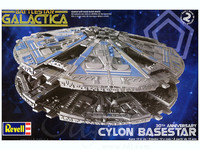
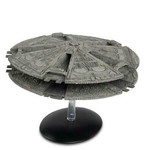

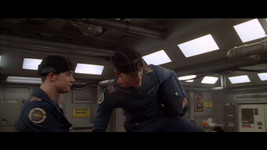












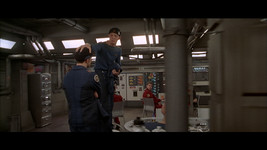






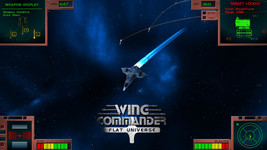
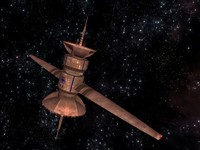
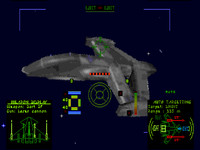
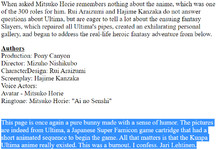
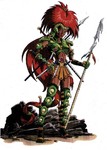
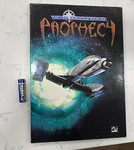
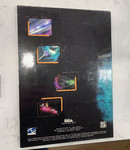
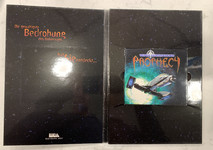
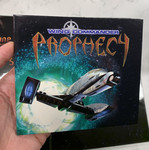
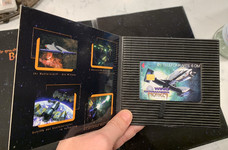
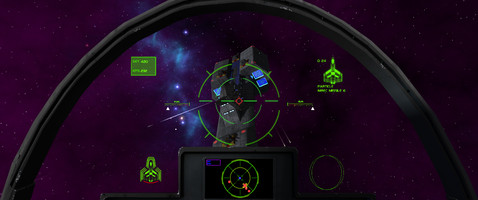
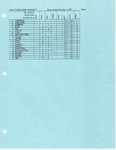
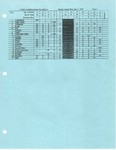
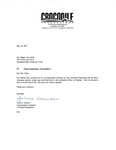


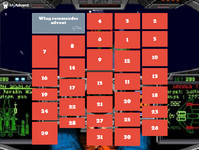
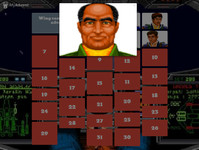





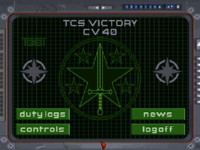
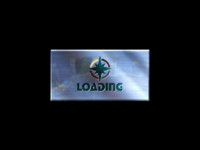
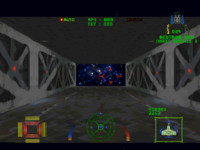
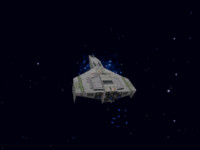
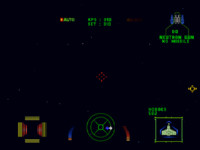
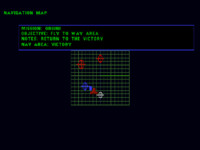
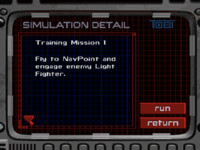





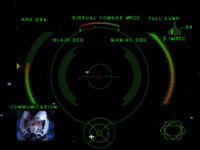
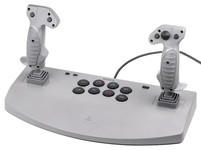




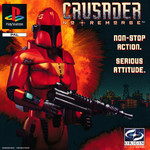
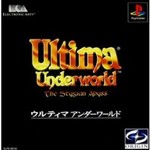


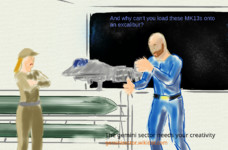
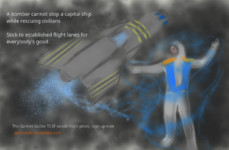

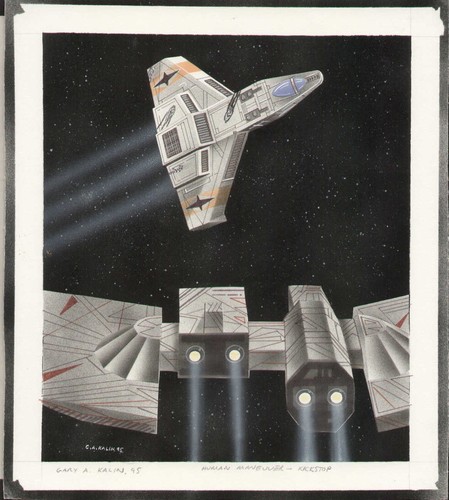
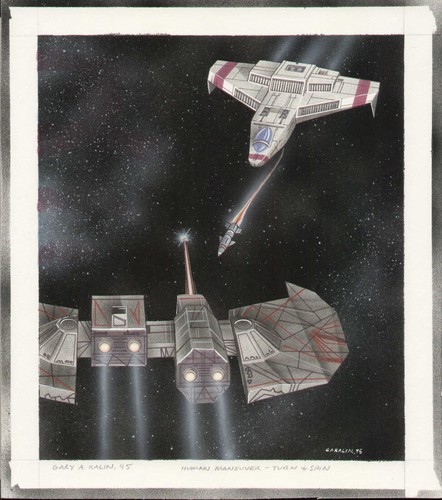
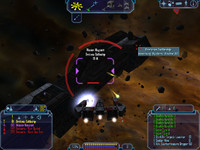
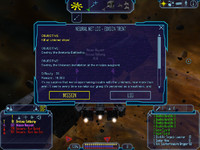
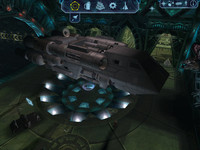
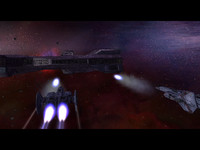
Follow or Contact Us